PS5 vs Xbox Series X specs: How do they compare?
5 min. read
Updated on
Read our disclosure page to find out how can you help MSPoweruser sustain the editorial team Read more
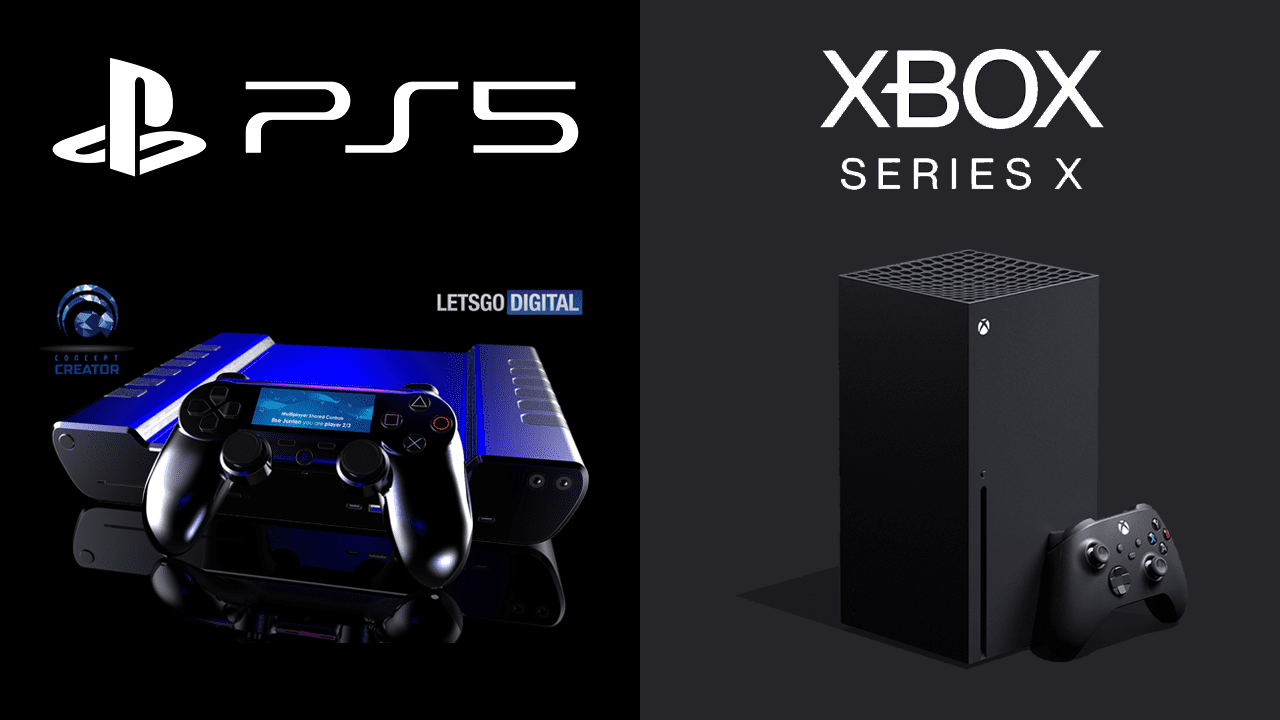
With both PlayStation 5 specs and Xbox Series X specs out in the wild, there’s only one question left for us to answer: PS5 vs Xbox Series X specs; how do they compare?
From a standard numbers vs numbers comparison, Xbox Series X takes the winner’s podium. For starters, the Xbox Series X CPU is a smack above the PlayStation 5 CPU in pure clock specs.
Xbox Series X CPU vs PlayStation 5 CPU:
In this category it would appear that Xbox Series X has the lead over PlayStation 5. Xbox’s 8-Core Custom Zen 2 CPU clocked at 3.8 GHz or 3.66 GHz w/ SMT.
PlayStation on the other hand also uses a Custom Zen 2 CPU from AMD, but the PS5 CPU has a lower clock speed at 3.5GHz.
However, what we should note is that both console’s processors are custom-crafted for their own individual strengths.
Xbox Series X GPU vs PlayStation 5 GPU:
From what’s been revealed, the Xbox Series X GPU has quite the advantage over the PlayStation 5 GPU. While we will have to wait until the system’s release to see a true head-to-head visual comparison – which may take years to fully show the power differential – Xbox Series X beats PlayStation 5 when it comes to the numbers.
The Xbox Series X GPU has a staggering 52 compute units all clocked at 1.825 GHz to create a monsterous 12-Teraflop graphics processor. On the other hand, PlayStation 5 has 36 CUs that clock in at a higher 2.23GHz. This creates a lower 10.28-Teraflop graphics processor.
Again, both of these GPUs are custom designed RDNA 2 chips by AMD for each individual console.
Xbox Series X ray-tracing vs PlayStation 5 ray-tracing:
As the big focus of the next-generation moves towards ray-traced graphics, both Microsoft and Sony have worked well to implement the intensive rendering style into their consoles.
This is the one area where there is no direct comparison. While we know that the PlayStation 5 does include hardware-accelerated ray-tracing, no measurable spec has been revealed.
Meanwhile, Microsoft has shown its ray-tracing technology in action with a path-traced demo of Minecraft. While Minecraft isn’t the most advanced game in the world, a fully path-traced video game is insanely intensive and watching unoptimised code run this well is very impressive.
Xbox Series X SSD vs PlayStation 5 SSD:
The PlayStation 5 SSD is the key area where Sony seems to have control of the ball. In comparison to the Xbox Series X SSD, the PlayStation 5 SSD is far faster.
The PlayStation 5 SSD gives users 825GB of storage with an IO Throughput of 5.5GB/s (Raw) or between 8-9GB/s (Compressed). Meanwhile, the Xbox Series X SSD is remarkably slower with an I/O Throughput of 2.4 GB/s (Raw) or 4.8 GB/s (Compressed). However, the Xbox Series X also has a custom hardware decompression block to minimise decompression times.
The craziest thing about PS5 is the speed of the SSD. 5.5 GB/s is just part of the story – there is a lot of custom silicon in there to ensure that the system isn't bottlenecked in other areas. It's *REALLY* fast on paper – a lot faster than Xbox Series X even.
— John Linneman @dark1x.bsky.social (@dark1x) March 18, 2020
When it comes to PS5 vs Xbox Series X, this gives PlayStation 5 a noticeable lead.
Xbox Series X RAM vs PlayStation 5 RAM:
Time for a simpler comparison: Microsoft’s Xbox Series X RAMN pool is a sizable 16 GB GDDR6 on a 320mb bus. On the other hand, Sony’s PlayStation 5 RAM pool is 16GB GDDR6 on a 256-bit bus.
Xbox Series X Memory Bandwidth vs PlayStation 5 Memory Bandwidth:
Due to the differences in memory buses, there is a sizable difference when it comes to Xbox Series X Memory Bandwidth and PlayStation 5 Memory Bandwidth.
In total, PlayStation 5 Memory Bandwidth comes in at an impressive 448GB/s, but the Xbox Series X Memory Bandwidth count is somehow even more impressive at a range of 560 GB/s to 336 GB/s.
Xbox Series X Optical Drive vs PlayStation 5 Optical Drive:
While exact read speeds of the Xbox Series X Optical Drive and PlayStation 5 Optical Drive are not yet revealed, both systems use a 4K UHD Blu-Ray Drive. Thank God Sony is finally making the jump.
Since games will be installing to the consoles’ internal SSDs, you can’t really use an optical drive as a clear PS5 vs Xbox Series X competition.
Xbox Series X backward compatibility vs PlayStation 5 backward compatibility:
As a pro-consumer move, the Xbox Series X backward compatibility is a clear step above PlayStation 5 backward compatibility.
For starters, Xbox Series X backward compatibility will allow you to play four generations of Xbox games – OG Xbox, Xbox 360, Xbox One X and Xbox Series X – with visual and performance improvements over their original platform releases.
On the other hand, PlayStation 5 backward compatibility is limited to the PlayStation 4 Pro only. While you could use PlayStation Now to stream PlayStation 3 games, it’s not ideal. PlayStation 2 Classics that were playable on PlayStation 4 should be playable.
That’s right, both next-gen consoles should allow you to play the original Destroy All Humans and the upcoming remake. Weird pick, but it’s the only thing on my mind.
Xbox Series X Price vs PlayStation 5 Price:
Both the Xbox Series X Price and PlayStation 5 Price are yet to be confirmed. However, when this information is revealed it may be the defining piece of the PS5 vs Xbox Series X puzzle.
Xbox Series X release date vs PlayStation 5 release date:
Both the Xbox Series X and the PlayStation 5 yet to have exact release dates, with both set to be out in “holiday 2020.” Although it seemed that the Xbox Series X was to launch in Thanksgiving 2020, this has since been disproved.
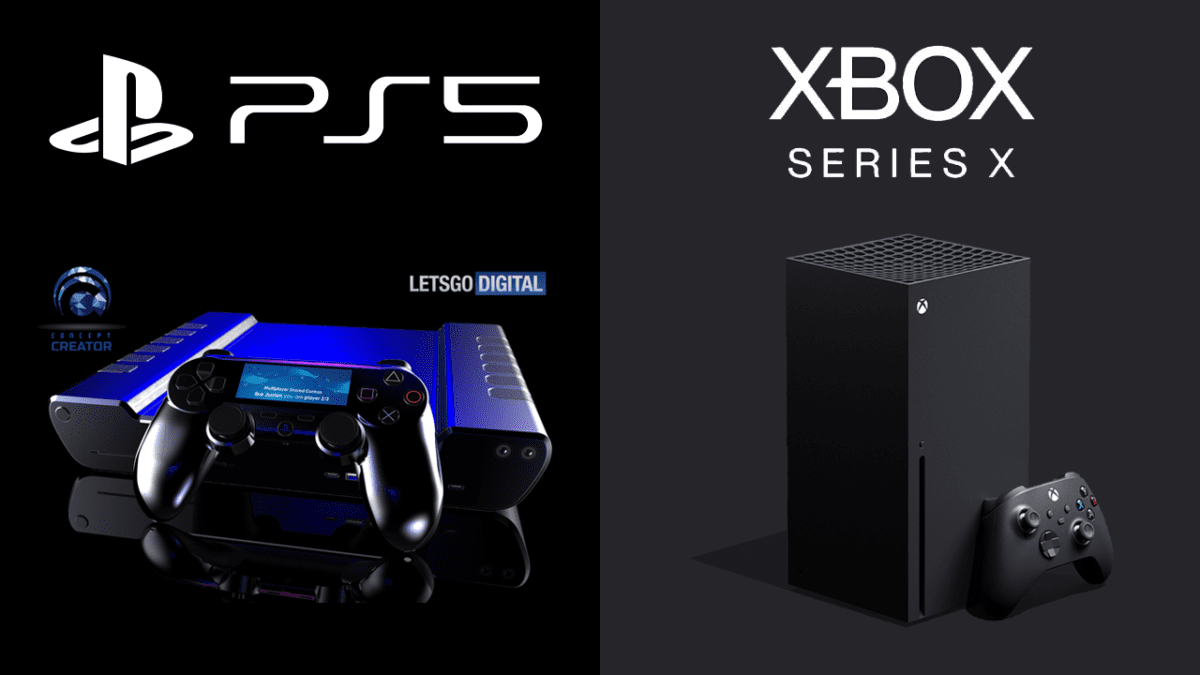
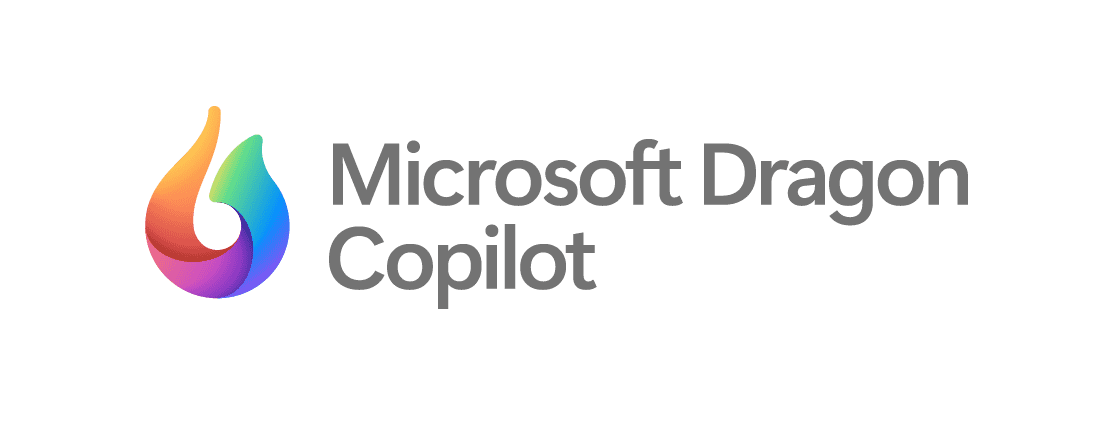
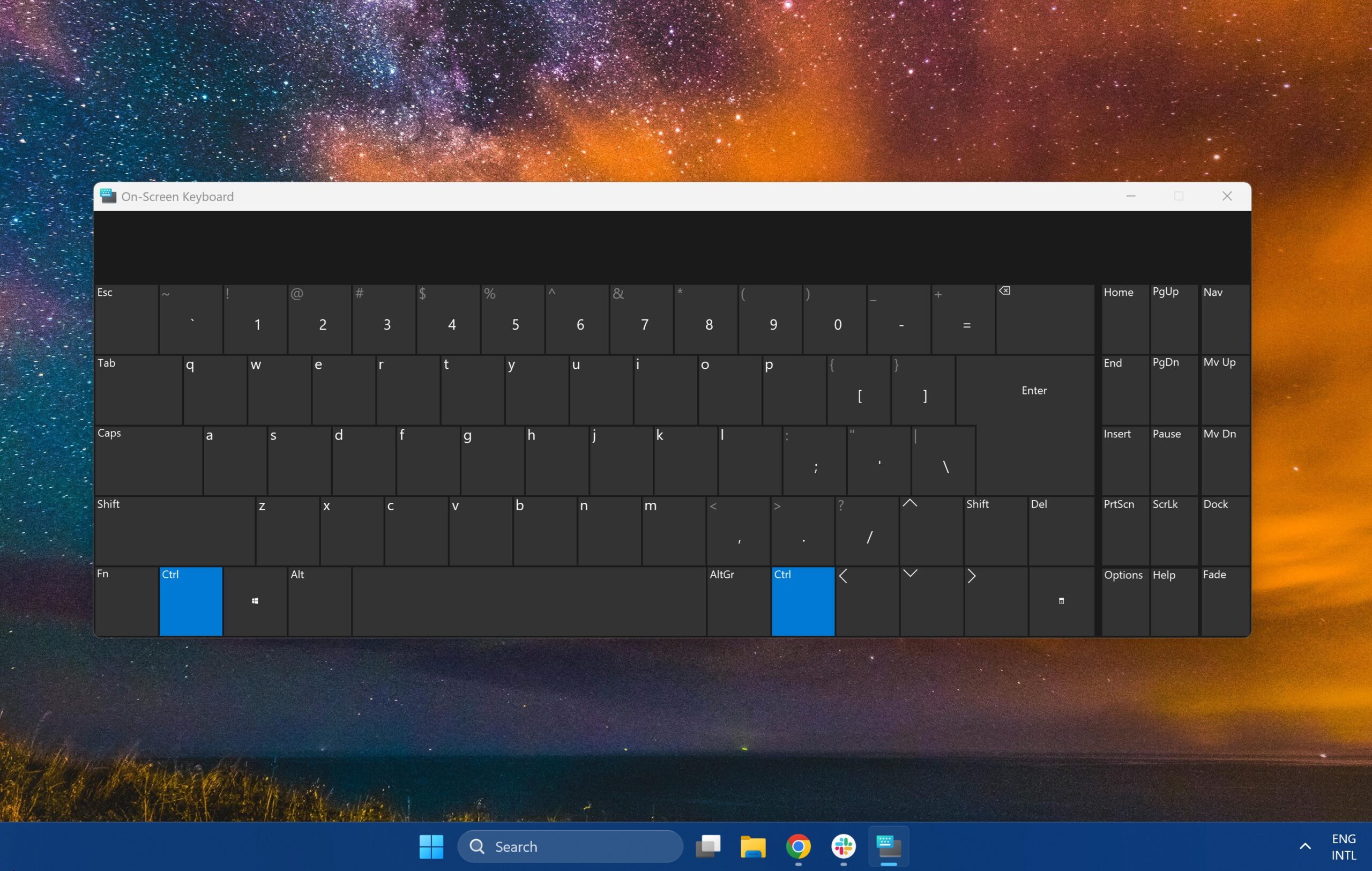

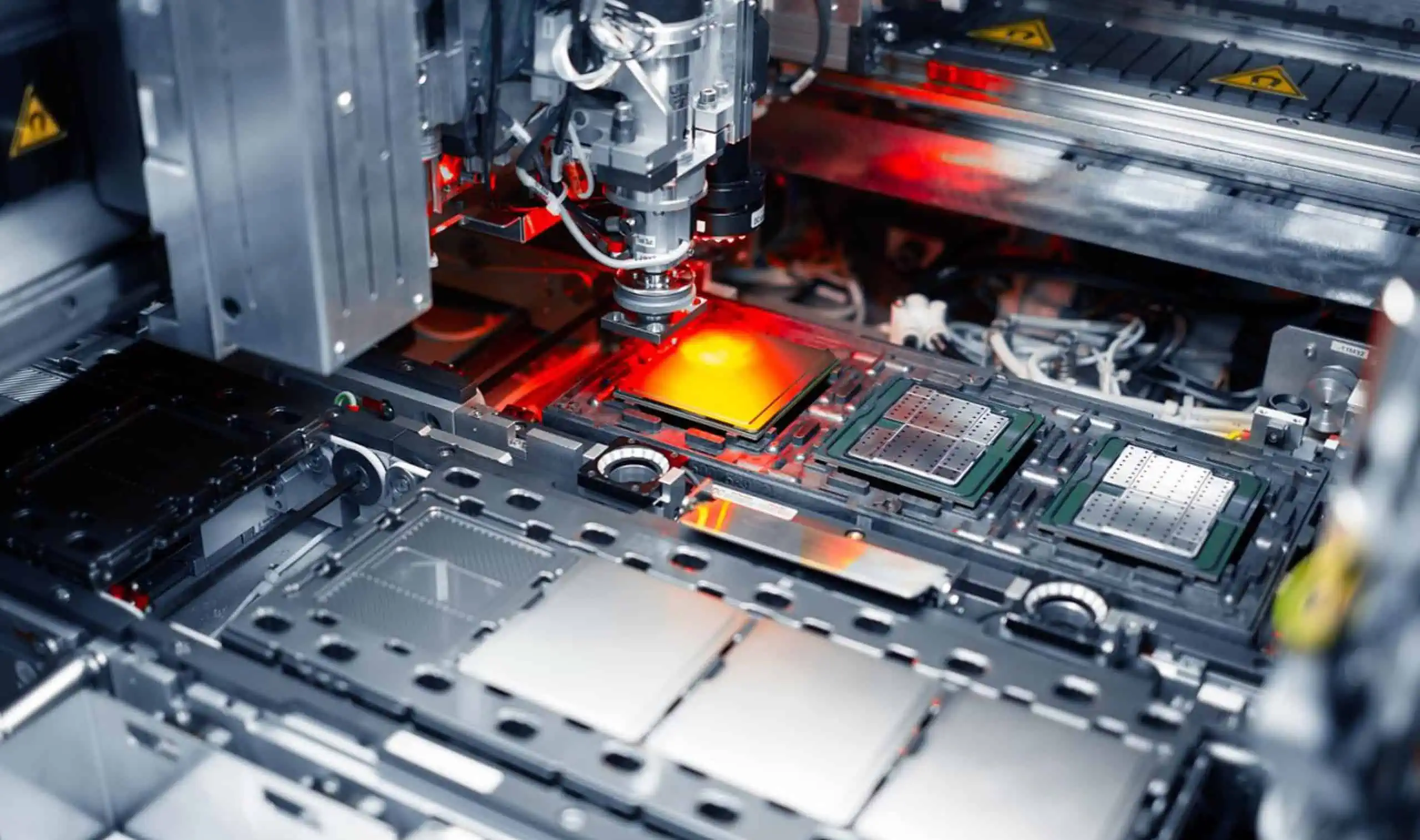
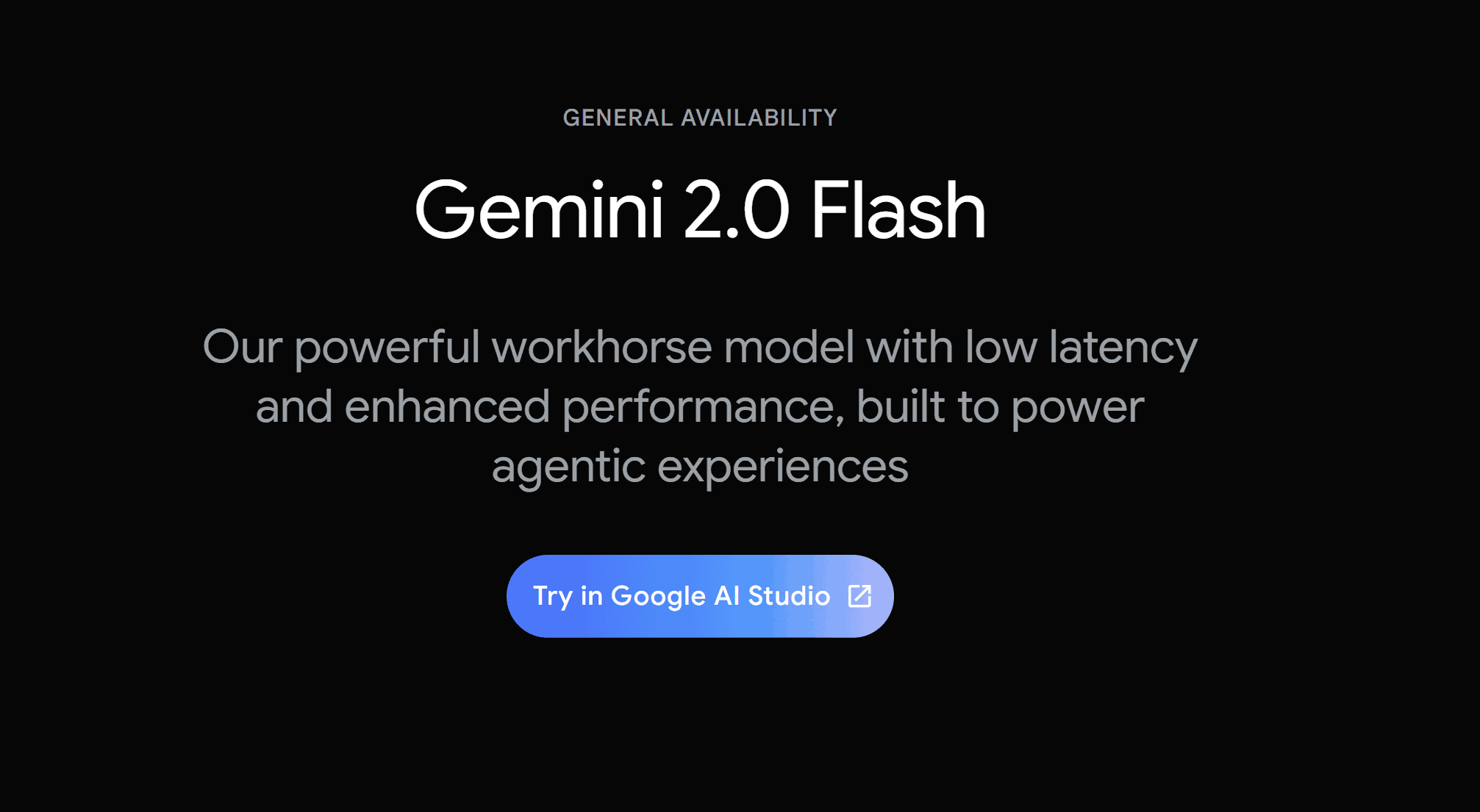


User forum
0 messages